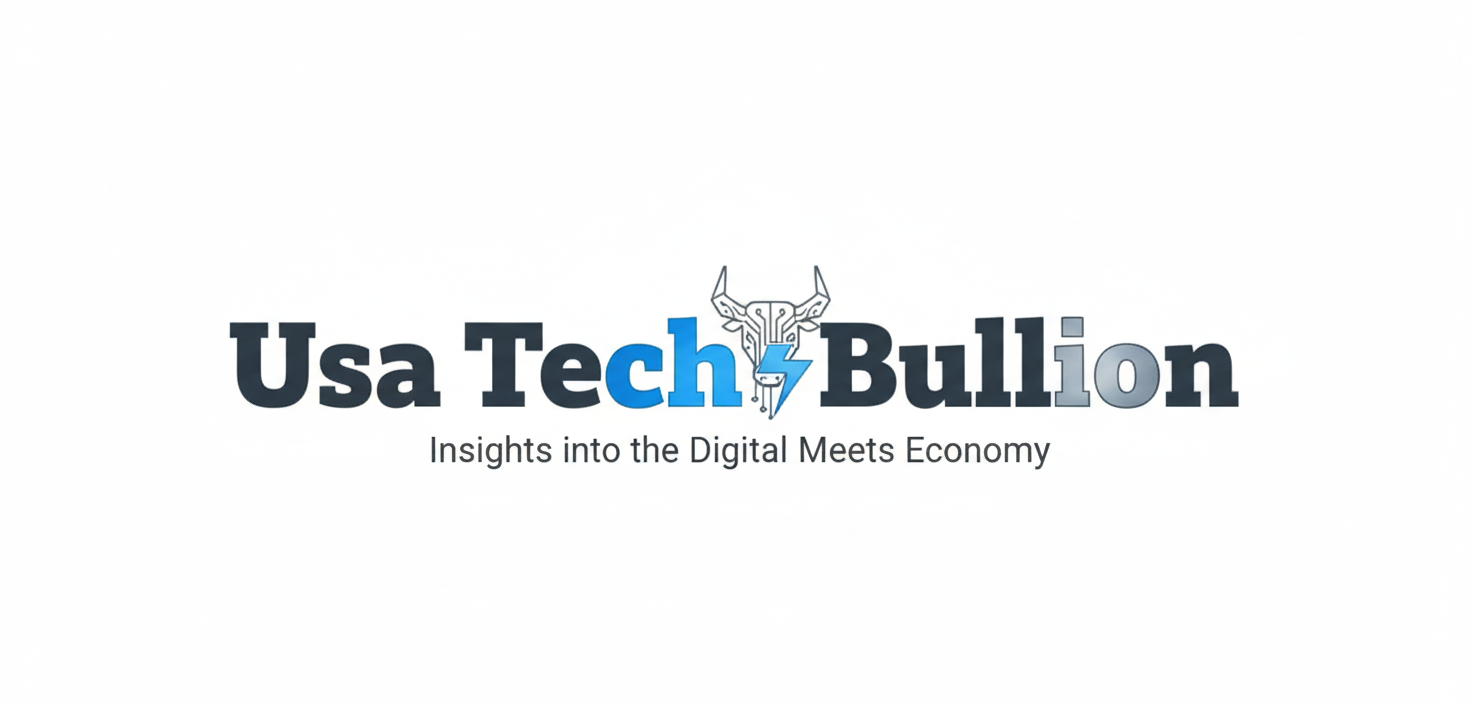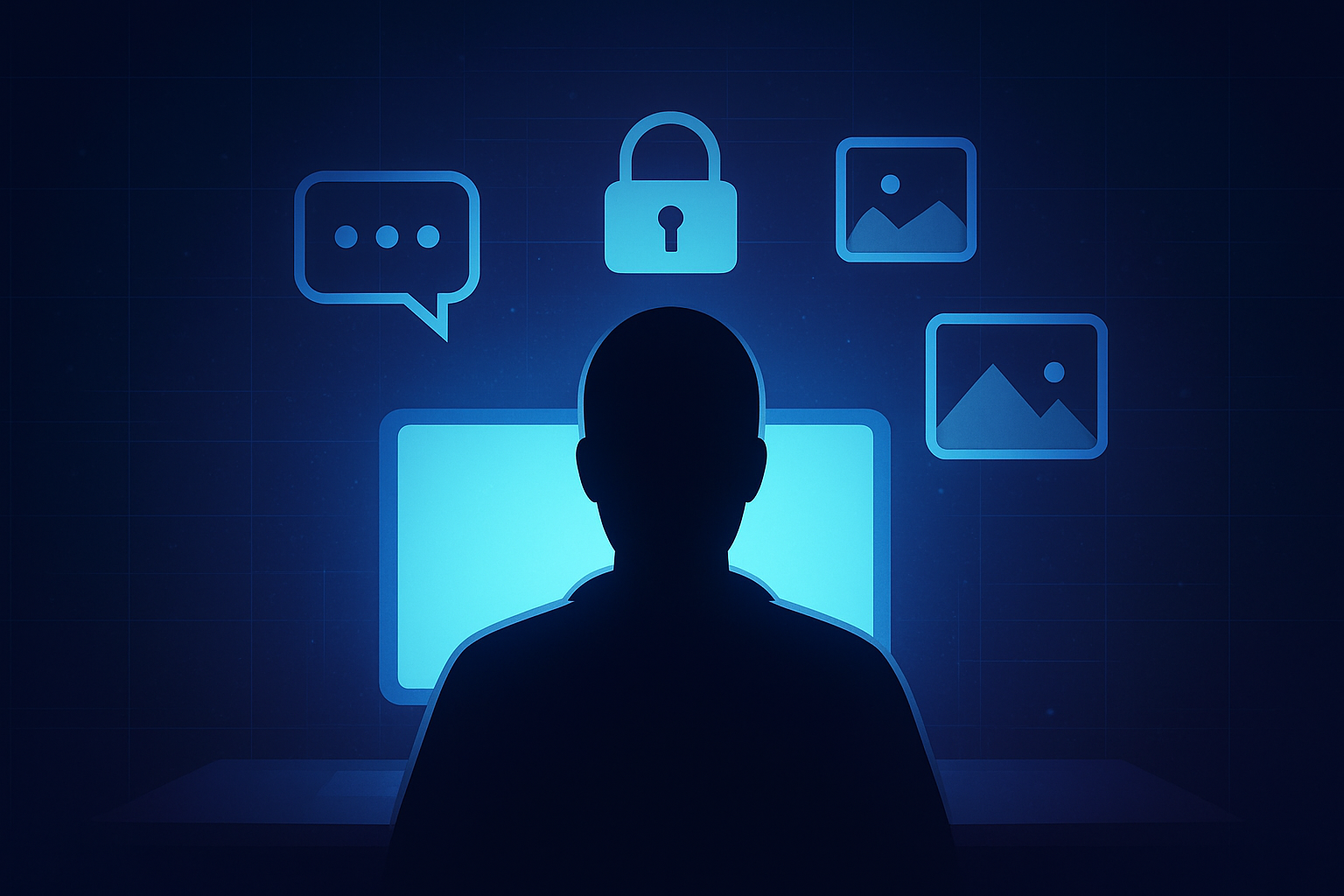In the ever-expanding digital space, countless platforms emerge to connect people, share information, and create communities. Among these, Anonib has gained attention for being one of the most discussed yet controversial imageboard-style websites. While some users view it as a space for anonymity and free discussion, others see it as problematic due to privacy and ethical concerns.
This article offers a deep dive into Anonib, exploring what it is, how it operates, its impact, risks, and possible alternatives. By the end, you’ll have a clear understanding of the platform and whether engaging with it is worth your time.
What Is Anonib?
Anonib is an anonymous imageboard platform that allows users to post images and discussions without revealing their identity. Its structure is similar to traditional imageboards like 4chan, where boards or threads are created around specific topics. The anonymity factor attracts users who prefer freedom of expression without attaching personal identities.
Unlike mainstream forums or social media networks, Anonib doesn’t emphasize personal profiles, likes, or followers. Instead, conversations flow through threads where users post images and comments, often disappearing over time as new discussions push older ones aside.
How Anonib Works
- Thread-Based Posting – Users start a thread on a chosen board, usually tied to a specific theme or subject.
- Anonymous Participation – No login or account creation is typically required, encouraging complete anonymity.
- Content Variety – Threads may include general discussions, memes, niche interests, or controversial content.
- Short Lifespan of Threads – Old posts often vanish as boards refresh with newer discussions.
This setup makes the platform appealing to those who value free expression but also creates space for misuse, since the lack of accountability can lead to inappropriate or harmful behavior.
The Appeal of Anonib
Several reasons explain why users are drawn to Anonib:
- Anonymity: Users can freely express themselves without attaching their real identities.
- Unfiltered Content: The platform tends to have fewer restrictions compared to mainstream social networks.
- Community Connection: Despite anonymity, niche groups form where people bond over shared interests.
- Simplicity: The interface is usually straightforward, with a focus on threads rather than complex features.
For many, these elements create an environment of raw, unrestricted communication that isn’t possible on platforms where identity and reputation are central.
The Controversies Around Anonib
While Anonib appeals to a portion of internet users, it has also been surrounded by serious controversies.
- Privacy Concerns – The anonymous posting system can sometimes encourage harmful behavior, including the sharing of sensitive or personal information without consent.
- Unmoderated Content – Unlike mainstream networks with clear moderation policies, Anonib often faces criticism for the nature of material shared on its boards.
- Legal Issues – In some regions, authorities have investigated platforms like Anonib due to potential misuse and harmful uploads.
- Reputation Risks – For users, simply being associated with controversial boards can raise concerns about digital safety and personal reputation.
Because of these issues, many digital safety experts advise caution when engaging with such platforms.
Is Anonib Safe to Use?
Safety is one of the most pressing questions surrounding Anonib. While browsing the platform itself may not be directly harmful, there are risks to consider:
- Exposure to Harmful Content: Not all boards are moderated, meaning offensive or inappropriate material may appear unexpectedly.
- Data Tracking Risks: Even on anonymous platforms, browsing activity can sometimes be traced by third parties.
- Reputation Damage: Engaging in controversial discussions can have long-term consequences if traced back.
- Cybersecurity Threats: Some anonymous boards may contain links to unsafe websites, increasing the risk of malware or scams.
If users choose to engage, they should adopt strong cybersecurity practices, such as using VPNs, avoiding downloads, and never sharing personal information.
Anonib vs. Traditional Forums
To understand why Anonib stands out, it’s worth comparing it with mainstream forums and social networks:
| Feature | Anonib | Traditional Forums | Social Media (e.g., Facebook) |
|---|---|---|---|
| Identity | Anonymous | Usernames/Profiles | Real Names & Verified Accounts |
| Content Control | Minimal Moderation | Moderated by Admins | Strict Community Guidelines |
| Longevity of Posts | Temporary | Long-Term Archives | Permanent with History |
| Community | Niche/Fragmented | Stable Communities | Broad Networks |
This comparison highlights why some prefer Anonib: the freedom and lack of accountability. However, others may see the absence of moderation as a disadvantage.
Legal and Ethical Implications
Anonib’s anonymity raises questions about digital responsibility. While anonymity protects free speech, it can also shelter harmful actions. Authorities in some countries have already taken steps to regulate or ban similar platforms when misuse occurs.
From an ethical standpoint, users are encouraged to reflect on the potential harm caused by sharing content. Just because the platform allows it doesn’t mean it’s morally acceptable. Ethical digital behavior is as important as legal compliance.
Alternatives to Anonib
For those who enjoy the community-driven and anonymous nature of Anonib but want safer or more regulated spaces, several alternatives exist:
- Reddit – Offers both anonymity and structured moderation through community rules.
- 4chan – A closer alternative with a long history of anonymous boards.
- Discord Servers – Private servers allow niche groups to connect, often with better moderation.
- Quora (Anonymous Mode) – Provides anonymity but with stricter content guidelines.
These platforms combine elements of anonymity with varying degrees of safety and accountability.
Tips for Safer Browsing on Platforms Like Anonib
If you decide to explore Anonib or similar imageboards, consider these practices to stay safe:
- Use a VPN to mask your IP and browsing history.
- Avoid clicking suspicious links within threads.
- Do not share personal details, even indirectly.
- Engage responsibly, avoiding harmful or illegal discussions.
- Regularly update your device security to protect against malware.
Taking these steps minimizes risks while allowing users to explore the platform’s features.
The Future of Anonymous Platforms
Anonib represents a larger trend: the demand for online anonymity. As mainstream platforms increase restrictions and demand transparency, a section of internet users continues to seek private, identity-free spaces.
Moving forward, the balance between freedom of expression and digital responsibility will define how platforms like Anonib evolve. Governments, communities, and tech companies are expected to keep debating where the line should be drawn.
Conclusion
Anonib remains a fascinating yet controversial corner of the internet. For some, it represents pure digital freedom, while for others it’s a hub of risk and ethical concerns. Whether you view it positively or negatively, understanding its structure, risks, and impact is essential before participating.
In 2025, the conversation around platforms like Anonib is not just about entertainment or community, but also about digital safety, legal responsibility, and ethical choices. If you’re considering exploring such spaces, weigh the pros and cons carefully, and prioritize your online security.
FAQs About Anonib
1. Is Anonib legal?
Yes, browsing Anonib itself is not illegal in most regions, but certain content shared may cross legal boundaries.
2. Do I need an account to use Anonib?
No, most interactions on Anonib happen without accounts, emphasizing complete anonymity.
3. Can I stay completely anonymous on Anonib?
While usernames aren’t required, your activity can still be tracked through your IP address if you don’t use privacy tools.
4. What are the biggest risks of using Anonib?
Exposure to harmful content, cybersecurity threats, and potential reputation risks are the most notable concerns.
5. Are there safer alternatives to Anonib?
Yes. Platforms like Reddit, Discord, and Quora (anonymous mode) provide more structured communities with stronger safety measures.


